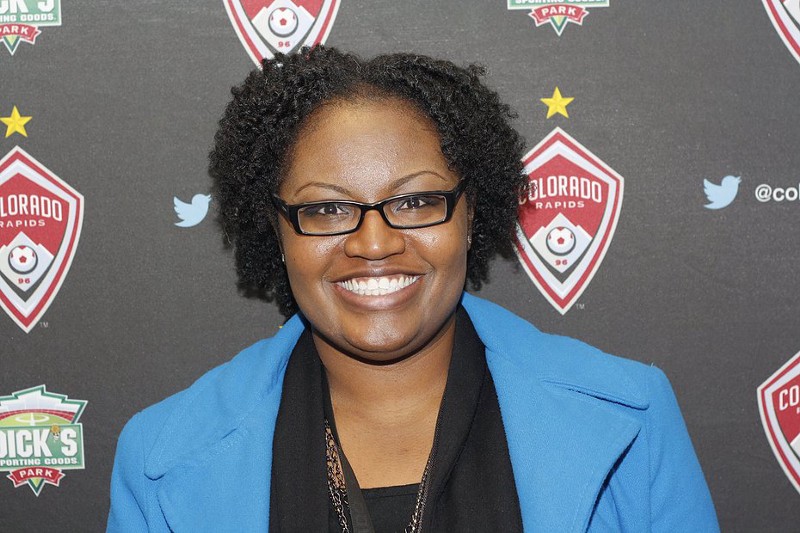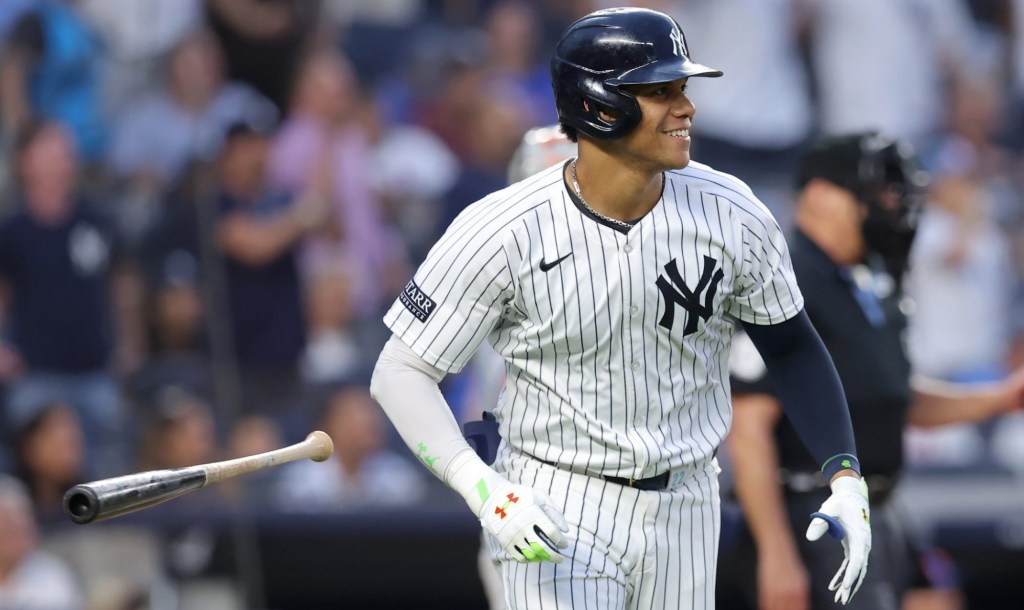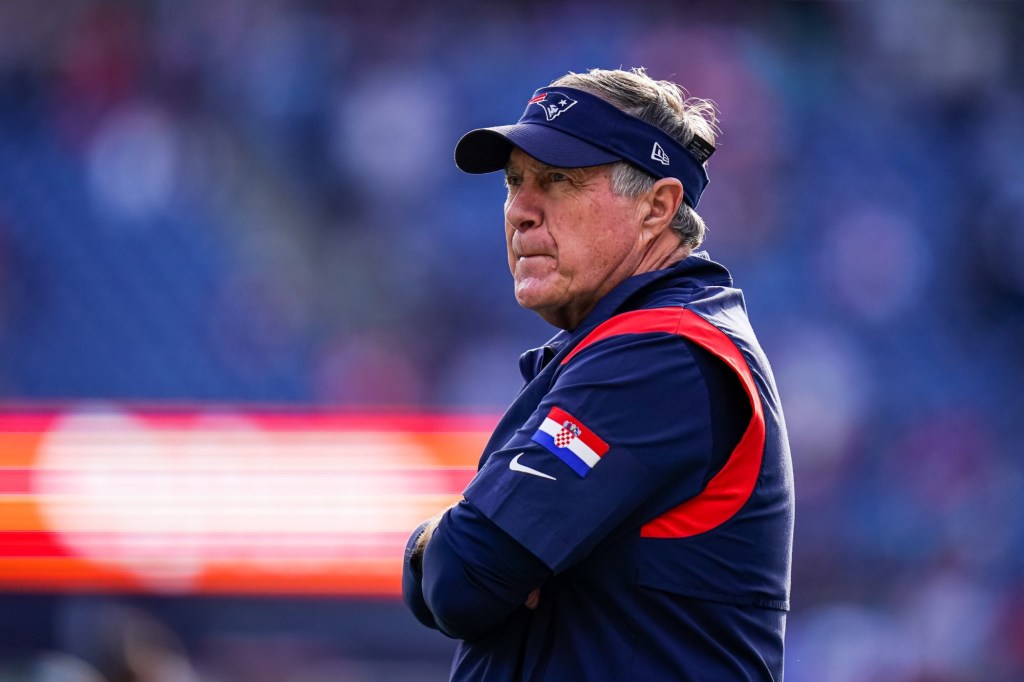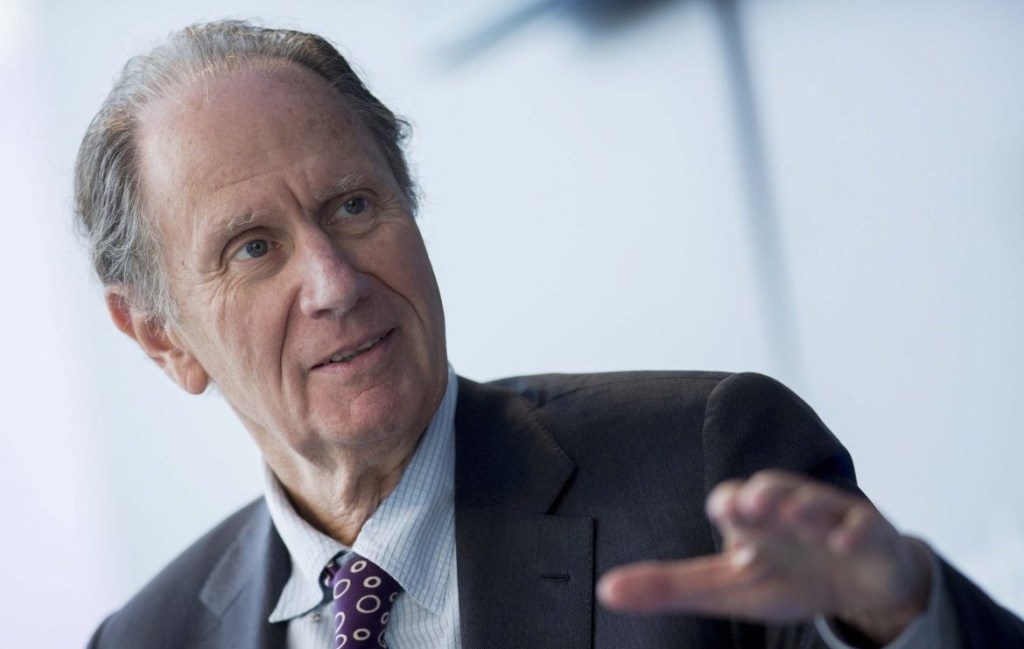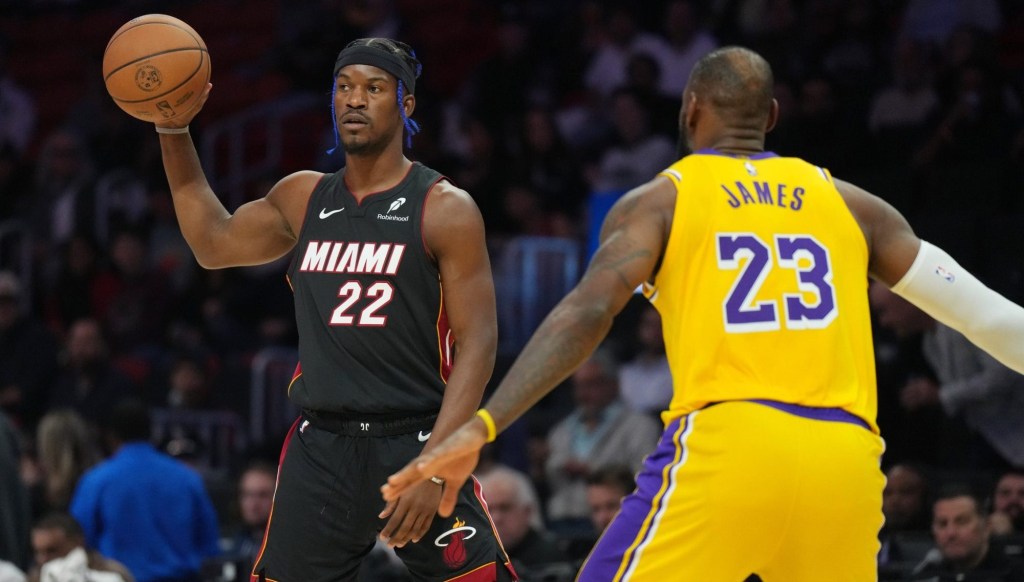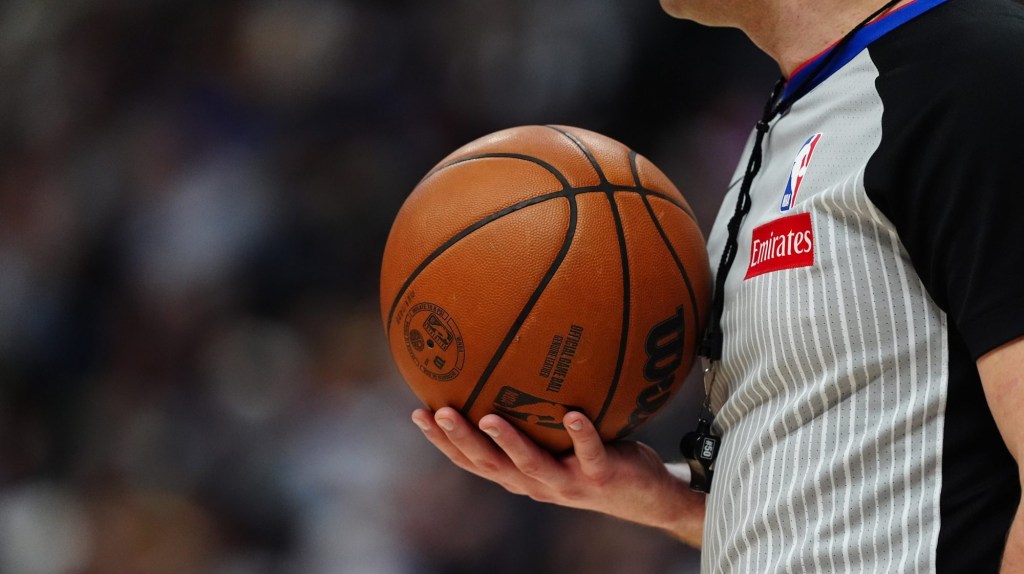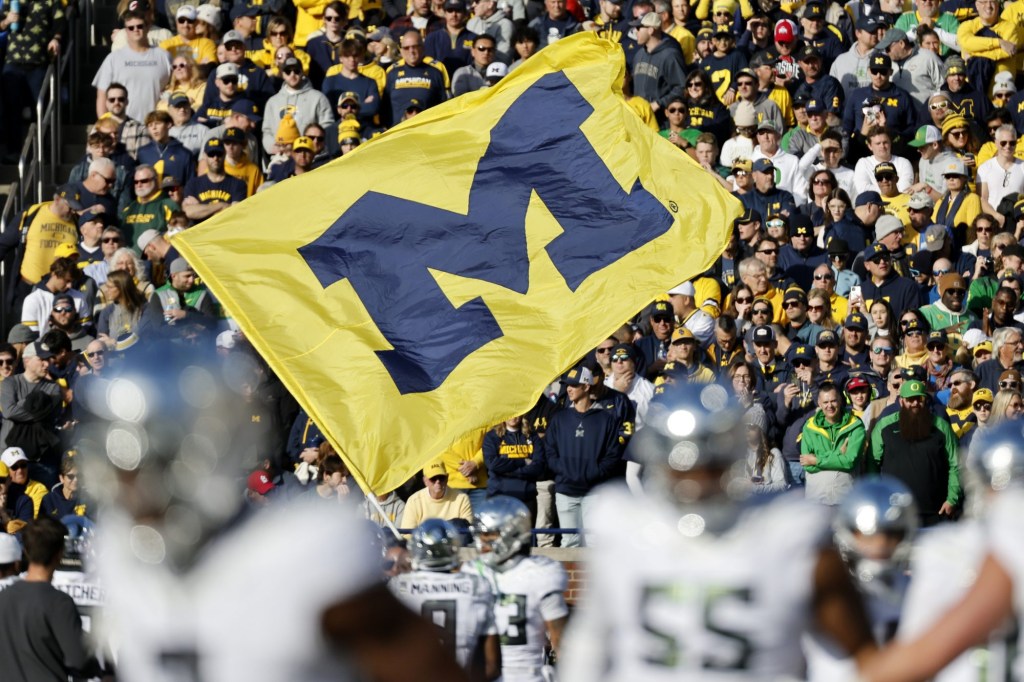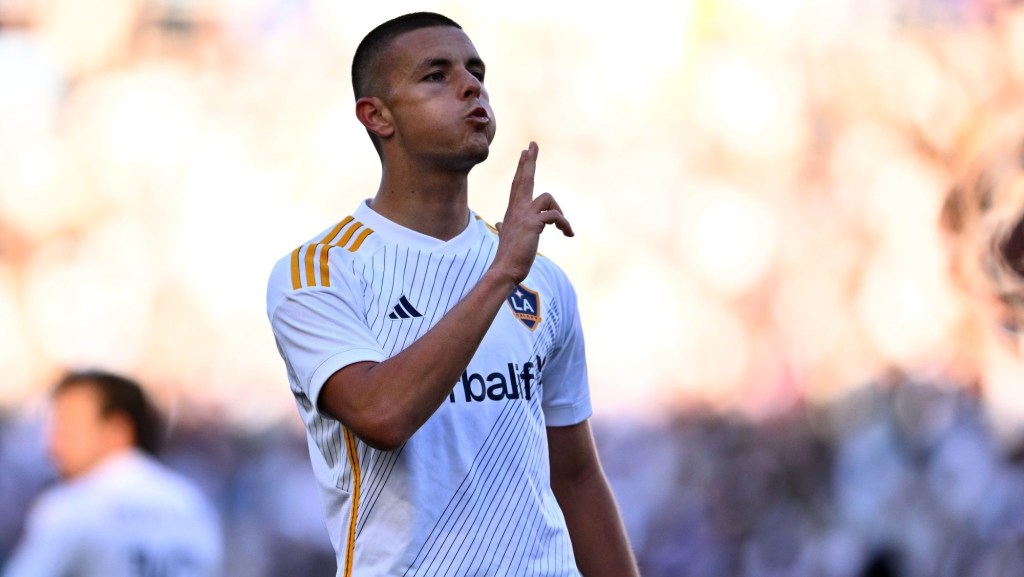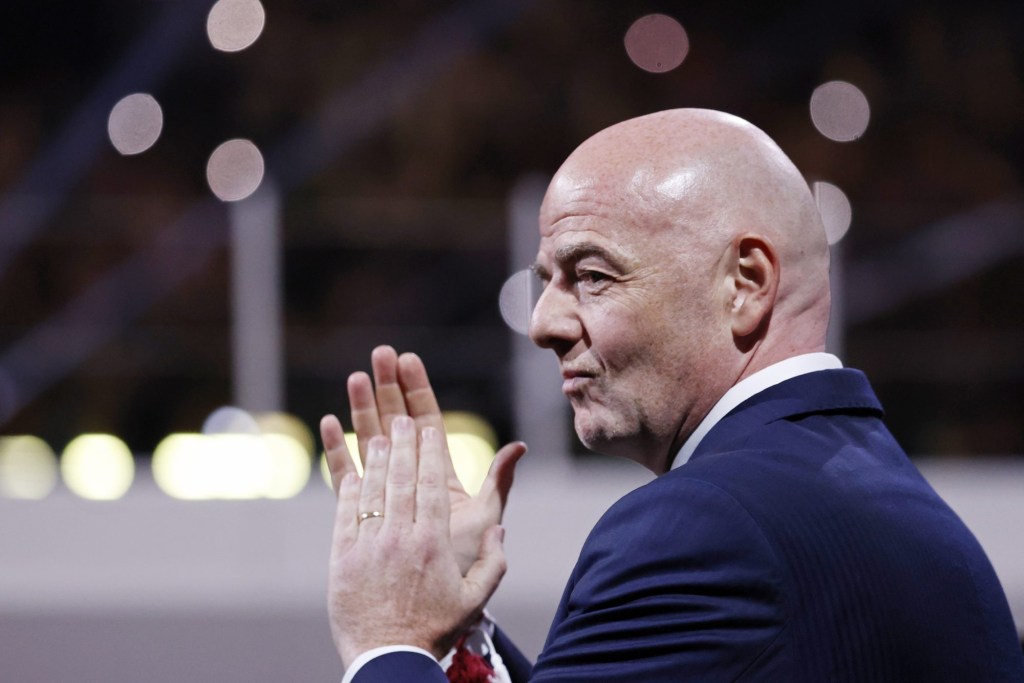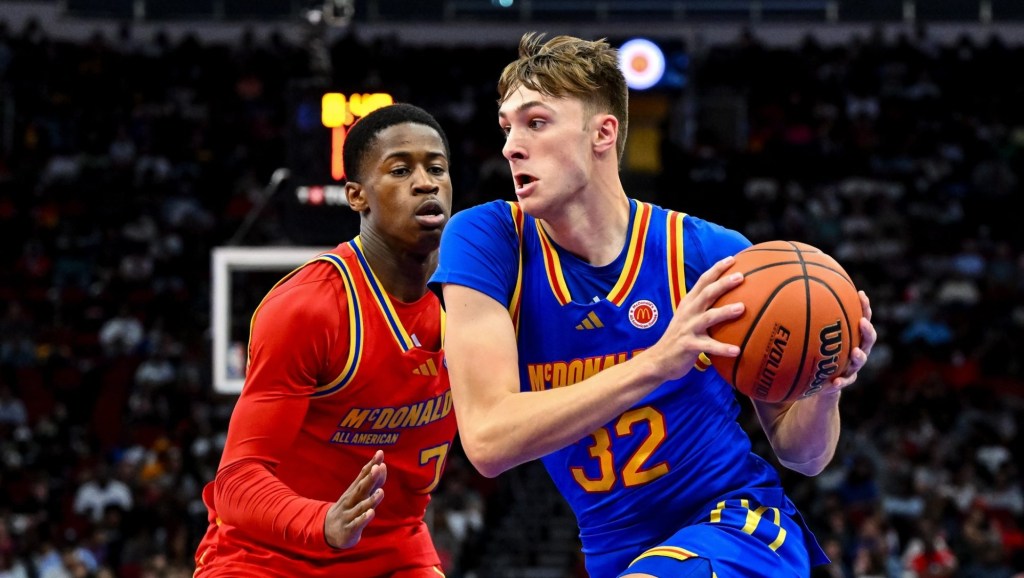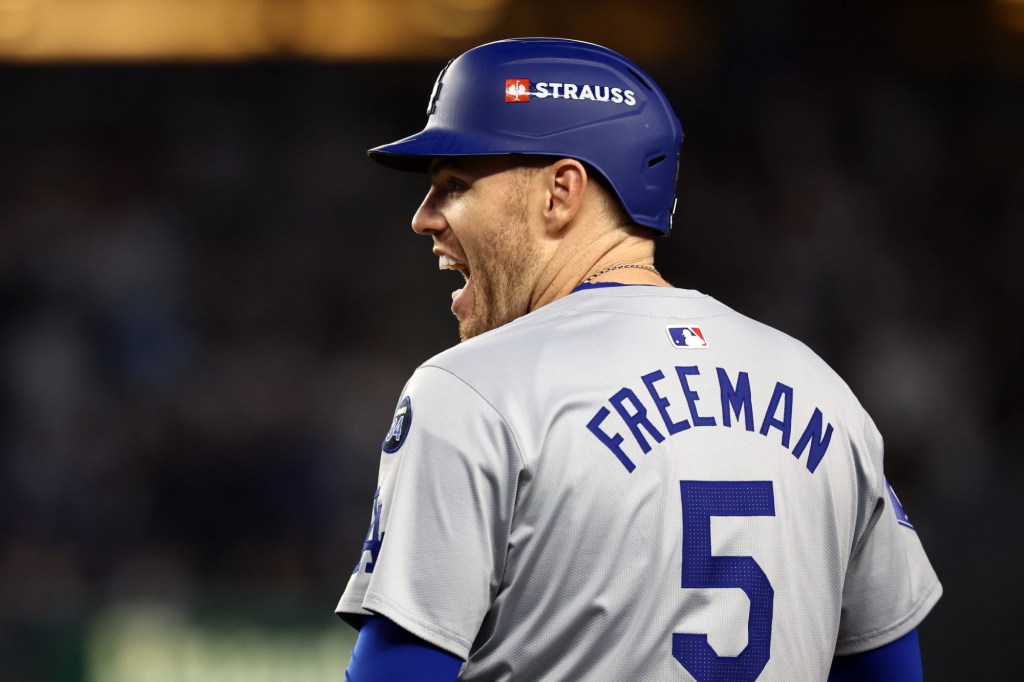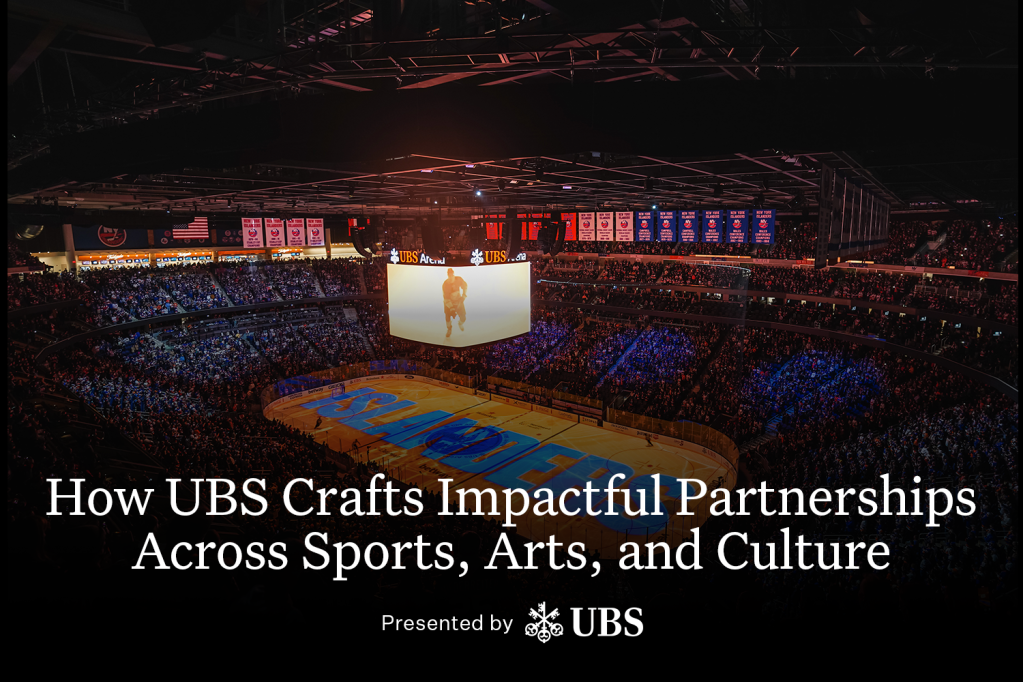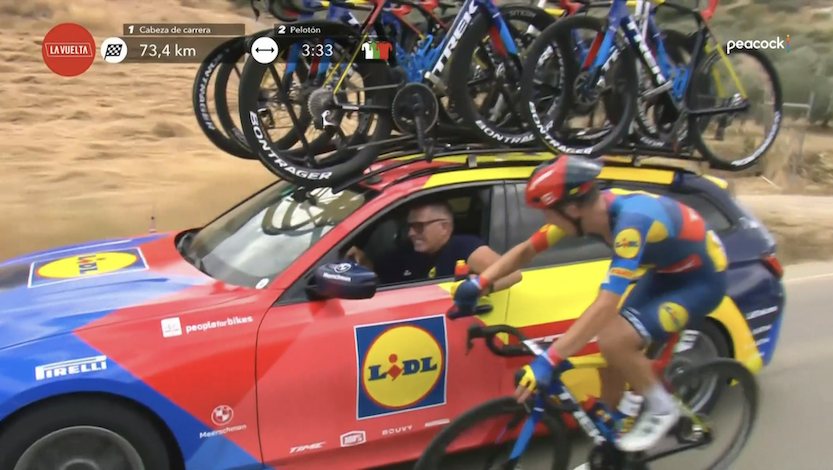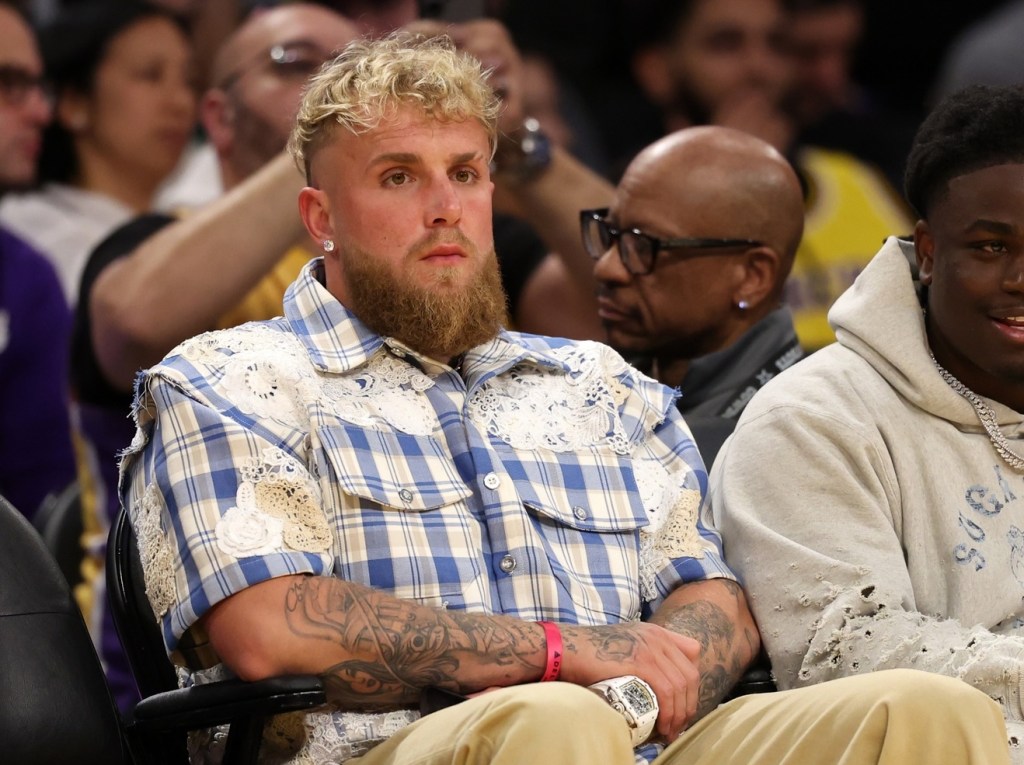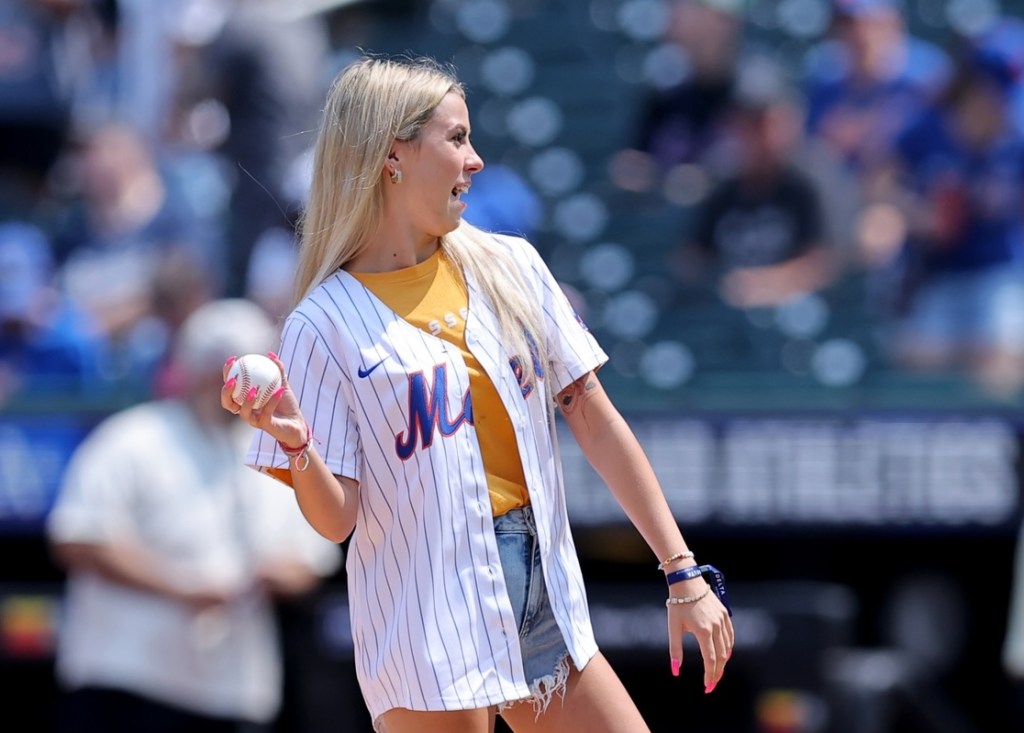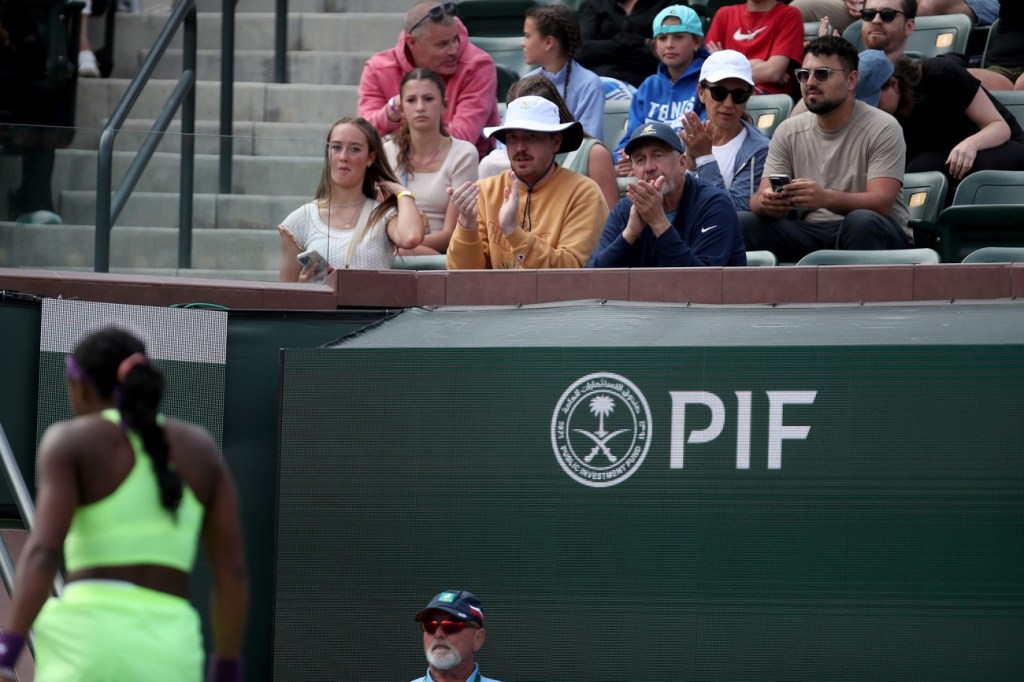By: Travis Gorsch, @tgorsch3

Front Office Sports is proud to have sat down with Tamara Curl-Green, Senior Marketing Manager for the Houston Dynamo & Dash. Tamara has been very busy lately in large part due to the buzz surrounding Carli Lloyd after the USWNT victory in the World Cup. Despite the tight schedule she was gracious enough to have offered up her time and insight into what it takes to succeed in digital media positions, how she became an expert in a brand new field, and misconceptions about social media managers.
You graduated from Duke with a Bachelors in Philosophy. After graduating what were your plans and did you think you would be where you are now? How did it prepare you for your career?
The plan was to be a writer. I’ve always been attracted to writing. When I was a senior in college, I projected 20 years into the future and though I wanted to be a writer, I also wanted to be as successful as possible. At the time, the industry was kind of fizzling and fading out. That turned in to a job in public relations after I finished school. I thought public relations was a good kind of start and I was able to write web content, stories, and network. I was the youngest in the office and this is when Twitter was starting to get popular so that’s how I transitioned into digital media.
You took an internship with the Houston Astros in Ticket Sales and Services. What advice do you have for interns in moving up the career ladder?
My best advice to interns is to keep your eyes on the prize. Know what you want to do and know what your end game is. I went in to ticket sales knowing I didn’t ever want to sell tickets long term. Logically that internship had the most spaces. I was more likely to get on in the tickets department. I also know that ticket sales is a huge part of the business. So I thought, if I understand a big part of the business that would make me a more attractive candidate in the future.
You moved from Houston to Colorado by yourself without knowing anyone in Colorado. How did you come to make this decision? How important is it to step out of your comfort zone and have a willingness to move?
I worked for the Houston Aeros, a minor league hockey team, who were going to be relocating. I looked at it like I was going to be relocating anyway. So I started looking around all over the country for a position. My mentor, David Burke, had moved to Colorado to work under his mentor. He kept joking saying I want you to come to Colorado, I want you to come to Colorado. While I was in the process of interviewing for other teams, I called him and asked him if he knew anyone and could do me a favor. And that’s when he said here’s what we can do for you if you come to Colorado. I wasn’t going to let something like location stop me from taking an ideal position. The Rapids were offering me exactly what I wanted to do at a higher level. If I needed to trudge through snow every day I was going to do that. My career was more important than any type of comfort. I didn’t know anyone when I moved to Colorado. It was a career move.
What tips do you have for young professionals and students about networking? Is there a specific example that you can think of where networking played to your advantage?
The strange part is I’m shy and introvert. Networking has always been kind of frightening for me. It’s a scary process. My advice is to meet as many people as possible but only ask for relevant favors. If a student comes to me and asks if I know the president of the NBA, no I don’t know him. It’s about asking when it counts. With David Burke I knew that he worked in the NBA so I called him. I called him and said to him I really want this job, do you anyone there that can get me to the next step. And the other advice is, don’t rest on the fact that you know someone that knows someone. How much does your work speak for you? I built a strong network of relationships by proving that I am a hard worker. If you’re not a great worker than the word of mouth isn’t going to do anything for you. You have to be willing to do the work.
One of your mentors is David Burke, former President of the Houston Aeros. What did David teach you and how have you applied it to your career in sports?
David is fun loving and he always told me that my career should be fun. That’s my barometer for everything. Sometimes it’s just tiring. When we made the playoffs with the Aeros, we worked something like 120 hours in one week. If I look up one day and say this is no longer fun then I know it’s time to move on. I really held on to that piece for years even though it’s so simple.
This is your third position managing the social media and digital marketing efforts of a professional sport’s team. How did your previous experience as a social media and digital marketing manager prepare you for your position with the Dynamo and Dash?
My first social media position was with the Aeros. I grew up with the digital industry. My age group is the first that graduated and got paid to do social media. We were the first people to get paid to tweet. As much as I could have prepared myself, I really couldn’t have because it was all new. It was fun and I had to be self-taught. I wasn’t necessarily relying on my schooling or my manager because I was expected to be the expert since it was a newer position. Anyone who manages digital or social has to continue to learn on the move. Every day there is something new to learn.
I recently saw a couple tweets by Caity Kauffman giving people a little more information about what really goes in to being a social media manager in professional sports. What are some common misconceptions about your position? What kind of person does it take to be a successful social media manager?
Social media is an interesting beast. It takes a high level of creativity but it also takes analytical skills that people don’t take account for. It’s not just sitting behind a keyboard. It’s content planning, scheduling, being able to properly tell an organizations story, etc. You have to have high level writing skills. Anyone can communicate but how effectively can you do it in 140 characters? How good at writing are you? Do you have the mental capacity to be an analyzer? Can you take those numbers and turn them in to actionable insights for your organization? It’s all of those things. Can you put yourself on a wheel that constantly spins and stay oriented?
In your opinion which do you think is more important experience or education? Why?
I think education plays a key part. I’m a philosophy major. I learned how to convey a thought, tell a story, and answer questions. That’s part of it. There are skills that you can learn in a classroom but on the job experience is the most valuable part of that. It’s easy for me to say that. How does someone get that experience out of college if someone like me doesn’t give them a chance? It’s definitely a combination of the two. There’s stuff that you can do to build yourself as a student such as internships. Do you have your own website? Are you on Twitter and LinkedIn? That tells me a lot about what you can do for the organization.
If you could go back and change anything about your journey in the sports industry what would it be?
I wouldn’t change anything because our experiences make us who we are. I would tell myself in 2010 that everything I’m doing now will count and matter later. That’s part of being in any entry level position in any industry. You feel overlooked but people will notice you if you work hard.
What advice do you have for students and young professionals about using their social media accounts to create their own personal brand for themselves?
Honestly I don’t think I use social media effectively myself. I use it a little differently. I think it’s more about being yourself rather than behaving in a correct way. It’s an accurate representation of who I am as a person. My interests are varied. You get a lot about my personality. So I guess my advice would be to know what the limits are and be smart about it. Personality is bigger than tweeting links to ESPN articles. Be authentic both professionally and personally.
Parting Wisdom?
It’s a beautiful thing that we get to do. I try to keep it in perspective. My job is to make sure everyone is having fun; to put on an event every week. What I do is fun. I think we should hold on to that as much as we can. Obviously we have to take it seriously but don’t take it too seriously. I attack my job thinking about making other people have fun.
We would like to thank Tamara for her time and insight and we wish her all the best in her future endeavors!
You can follow her on Twitter here or connect with her on LinkedIn here!
This interview is the second edition of “Winning Edge Wednesday” in congruence with our partnership with the Winning Edge Leadership Academy. Every Wednesday we will be featuring the story of a woman or minority working in the sports business industry. If you know of a professional you would like featured, drop us a line at russ@frontofficesports.org.

